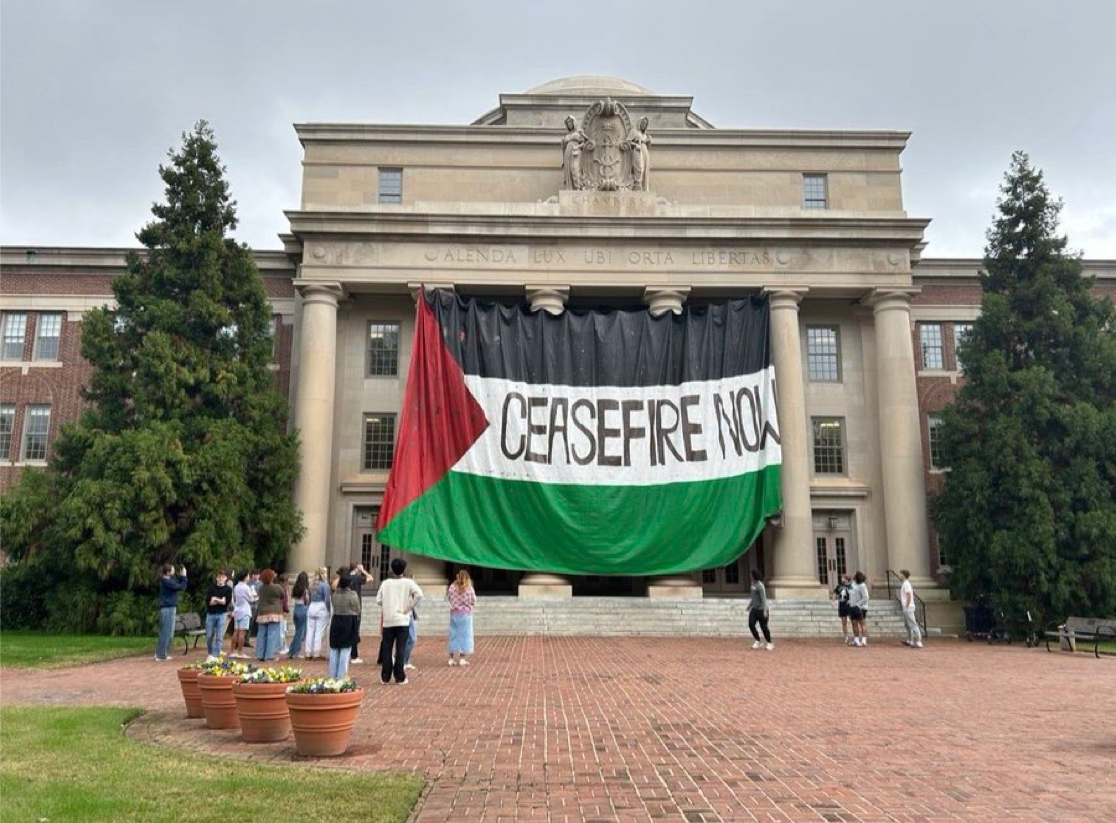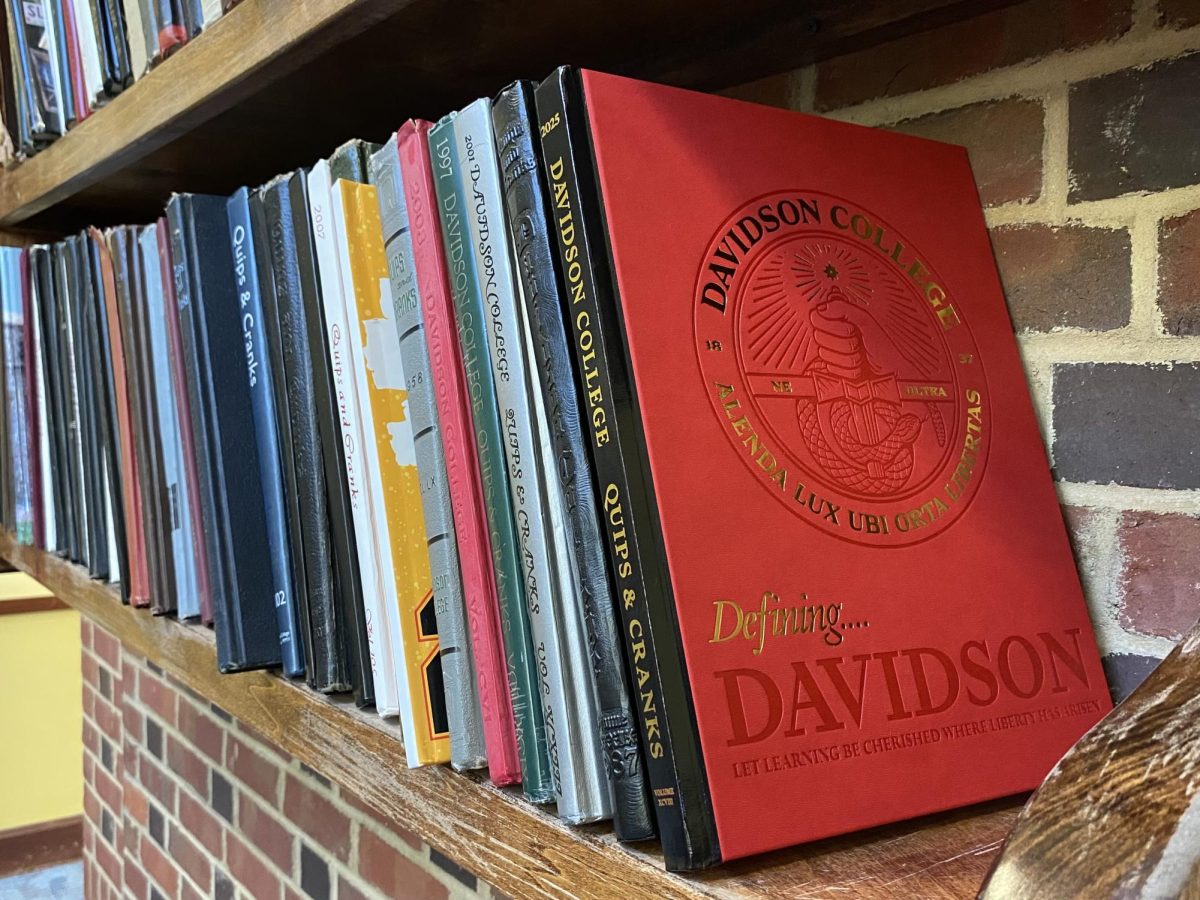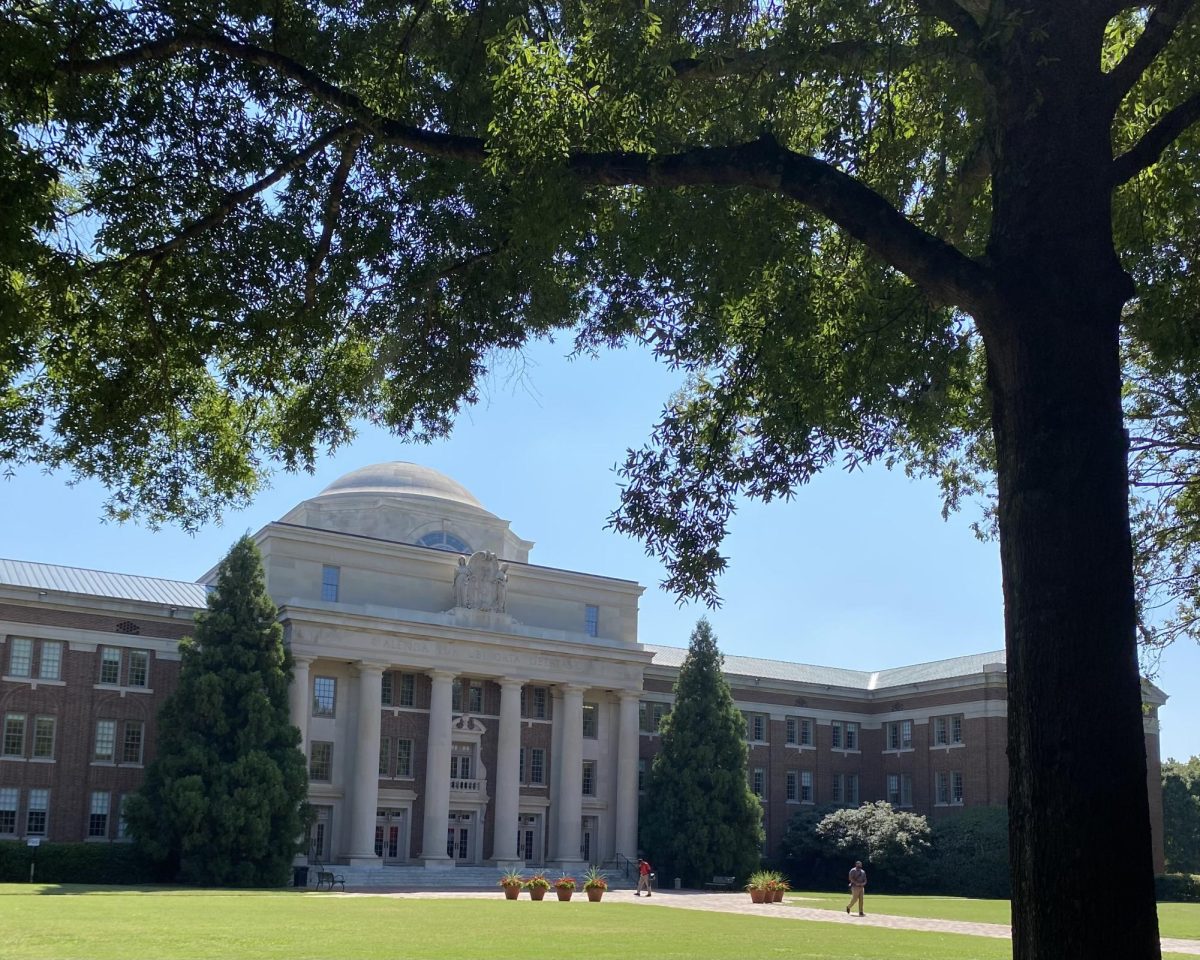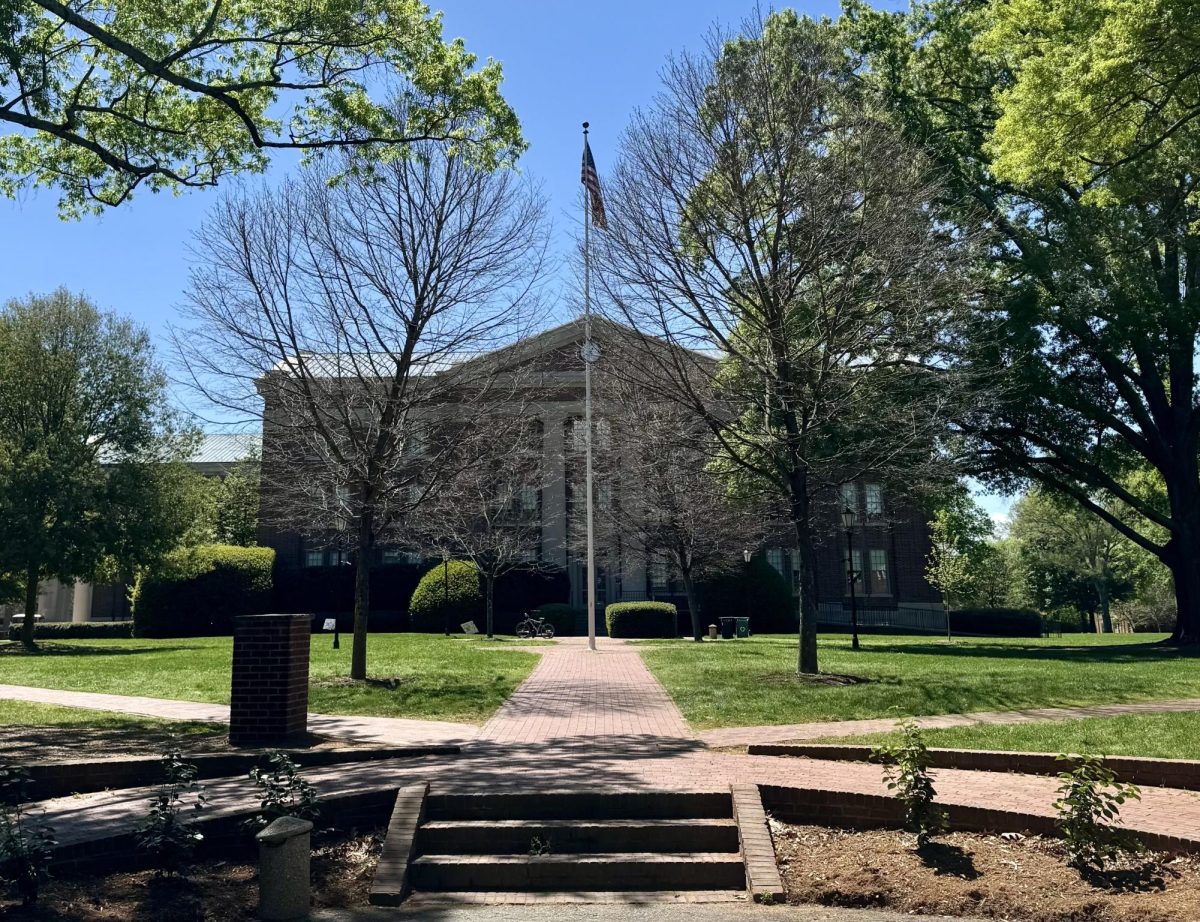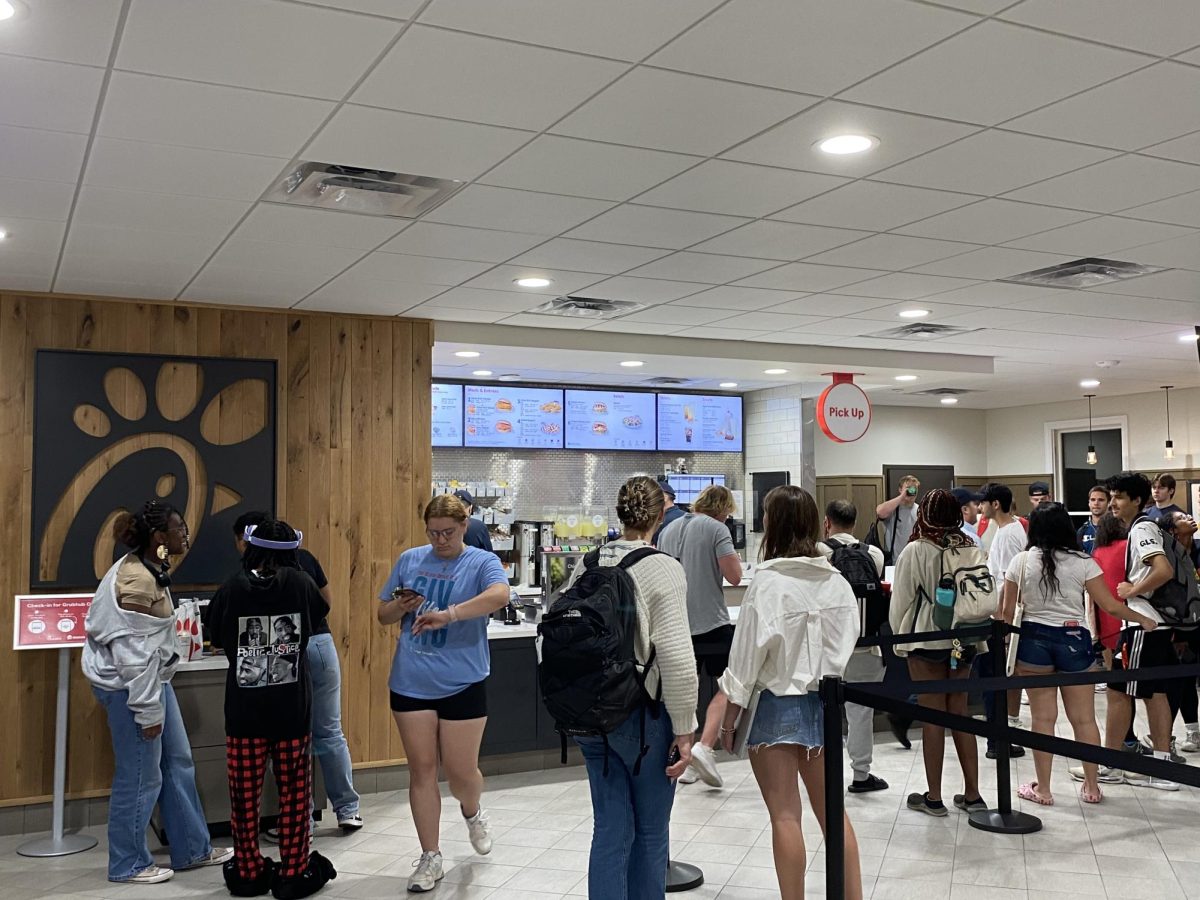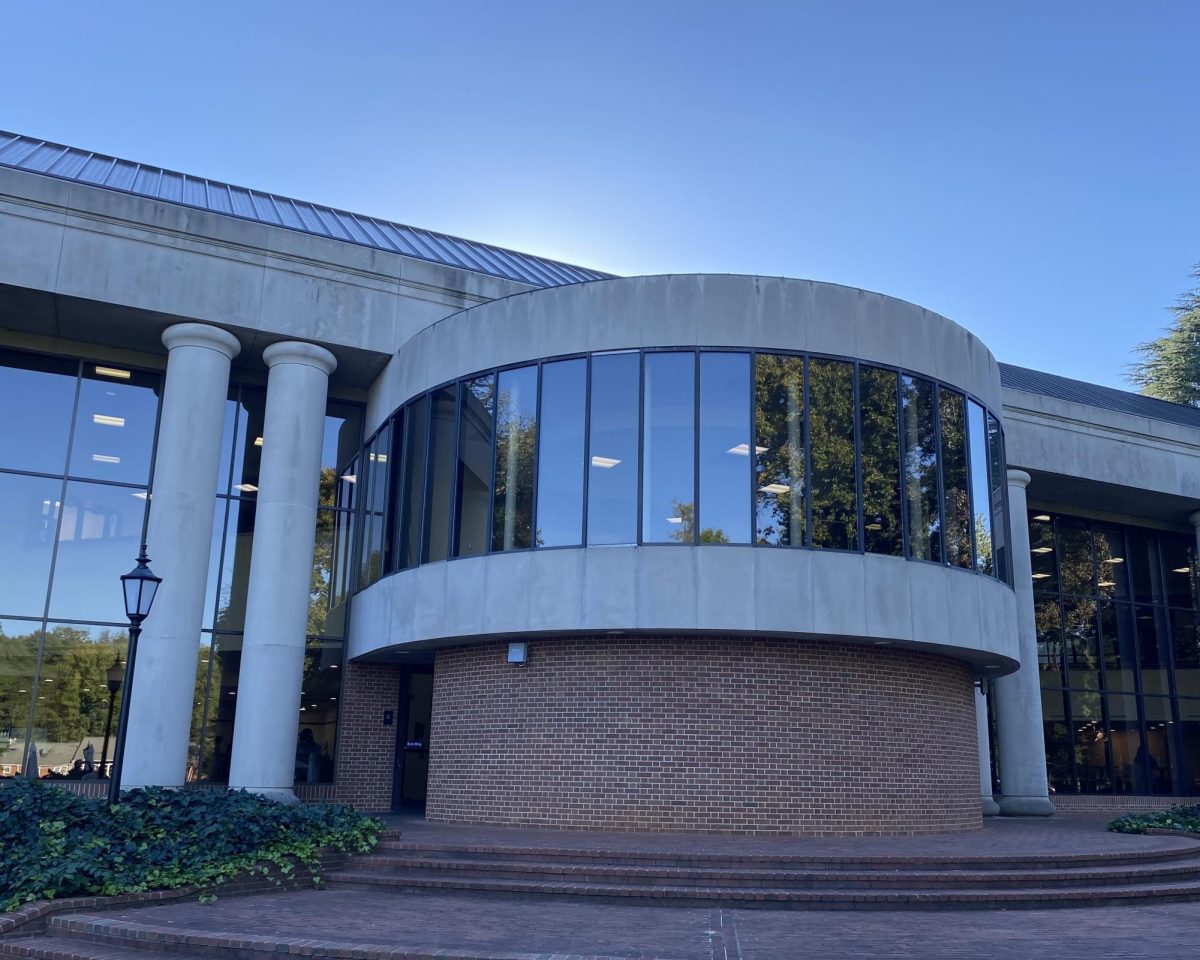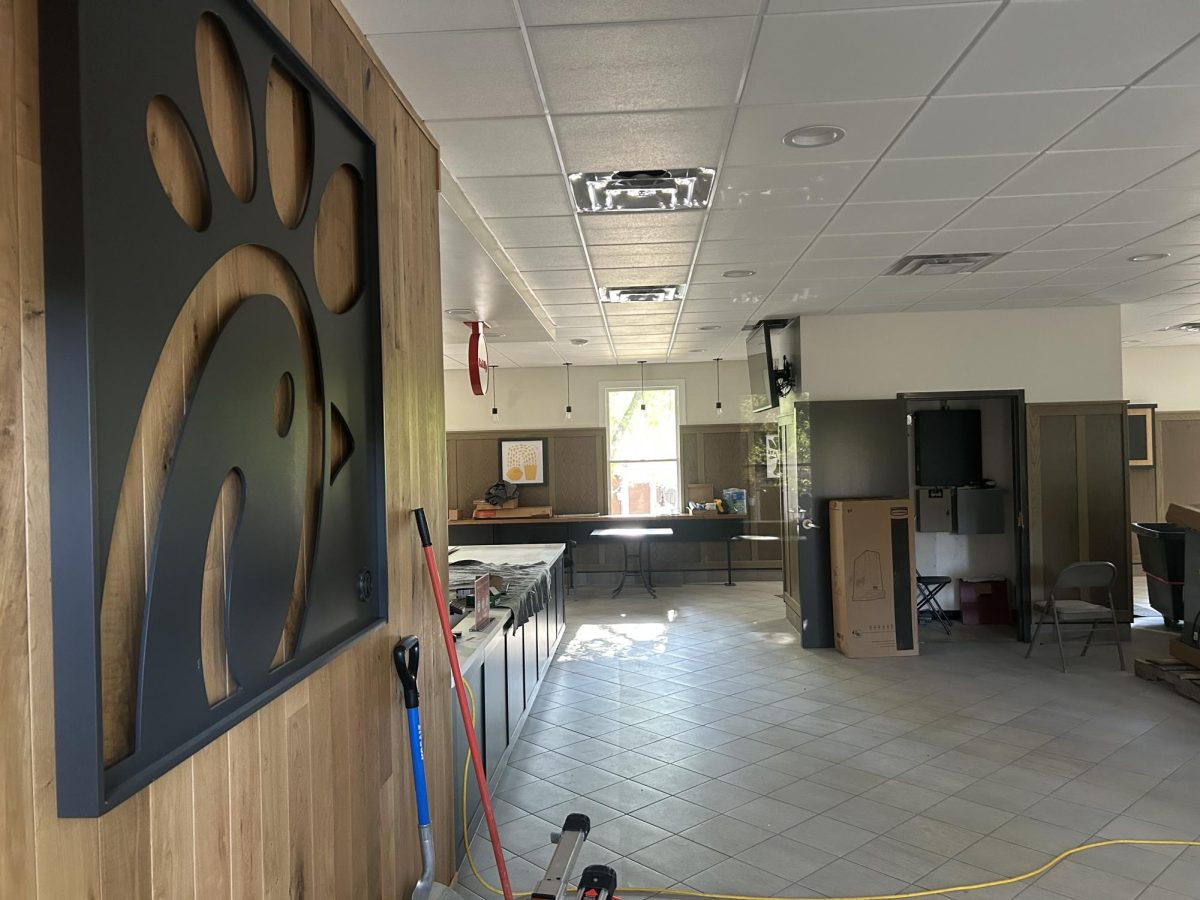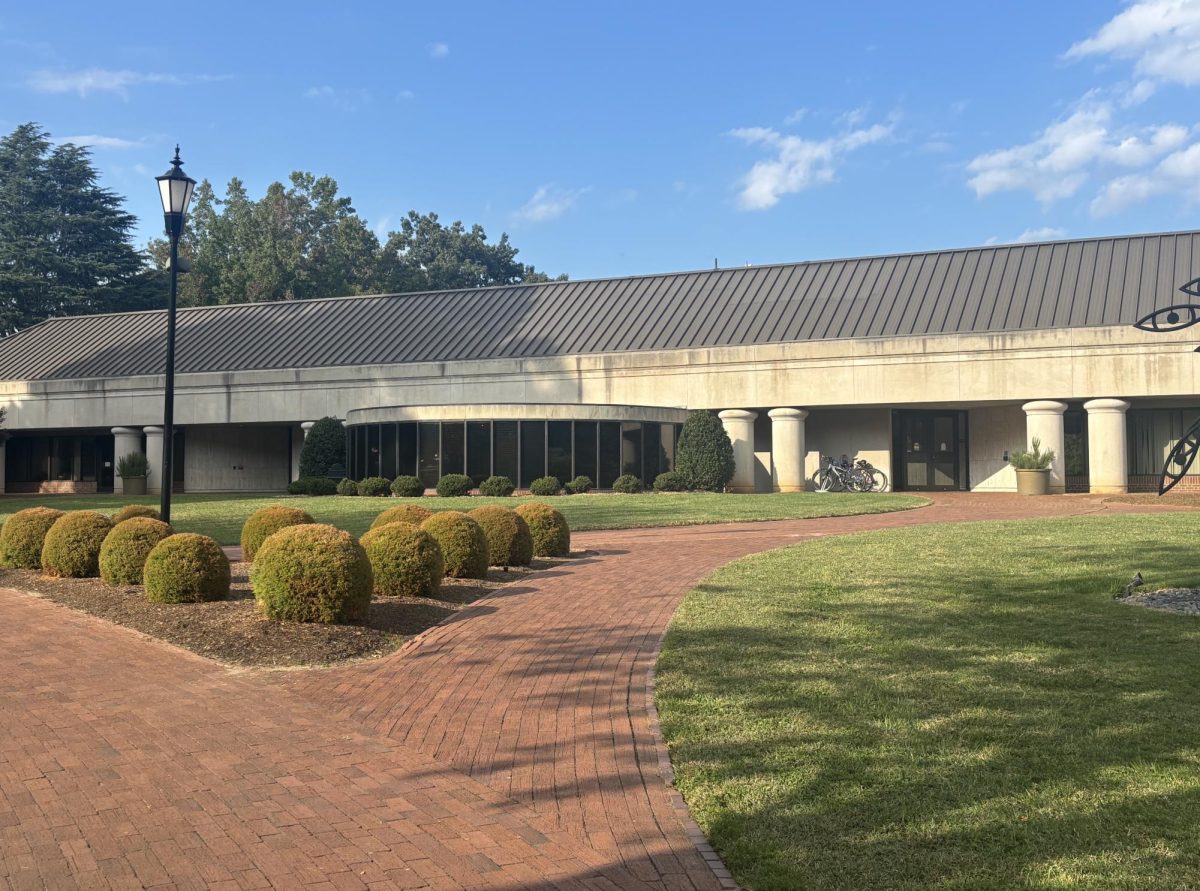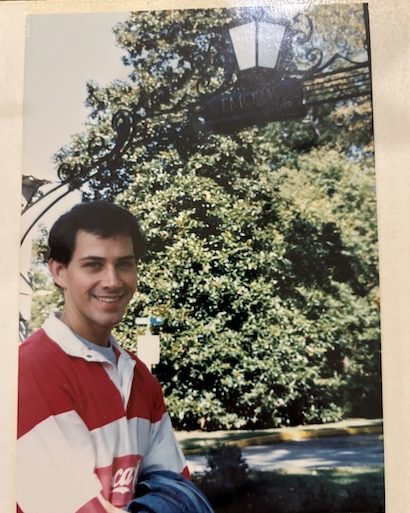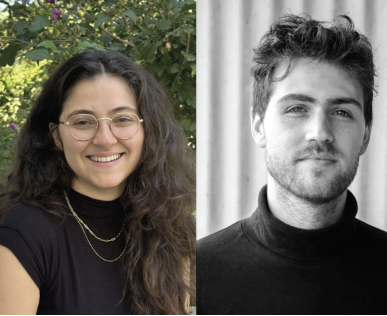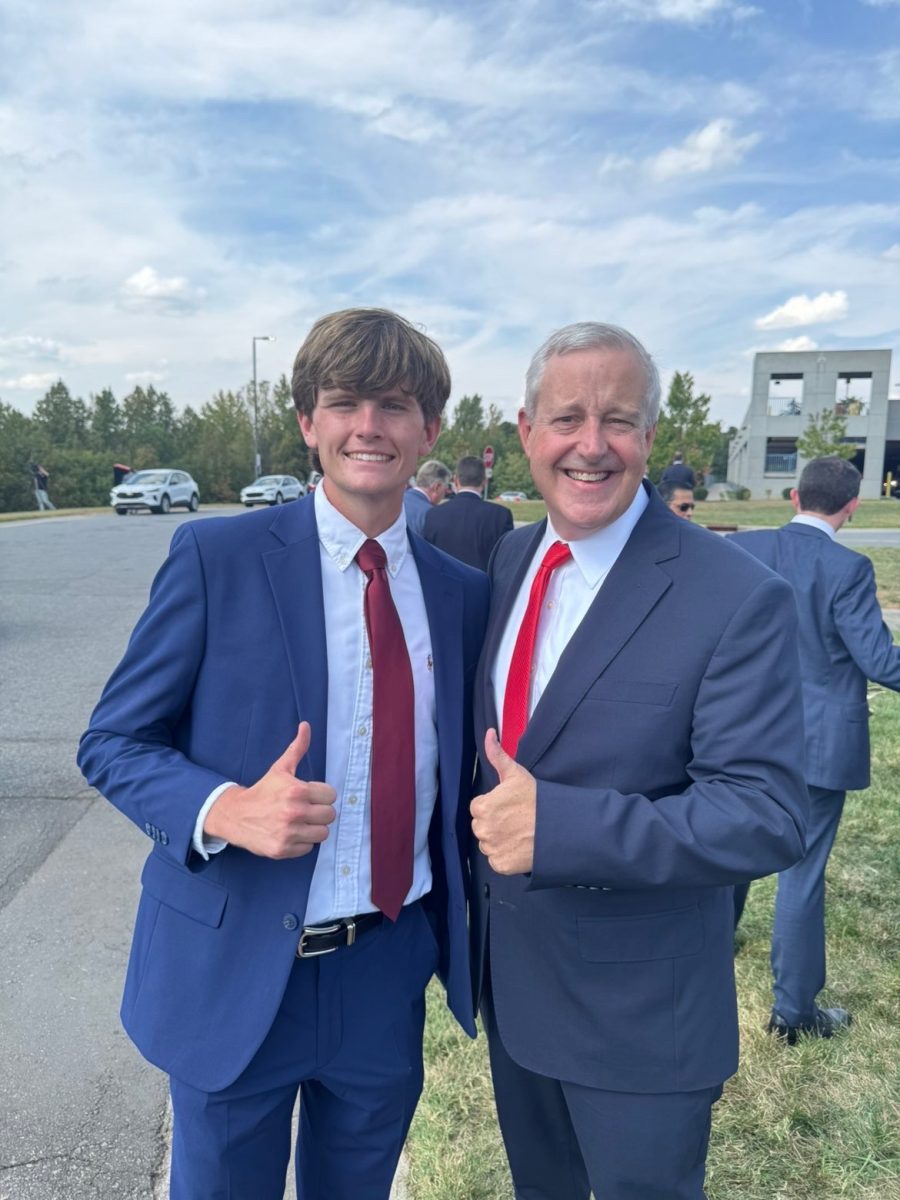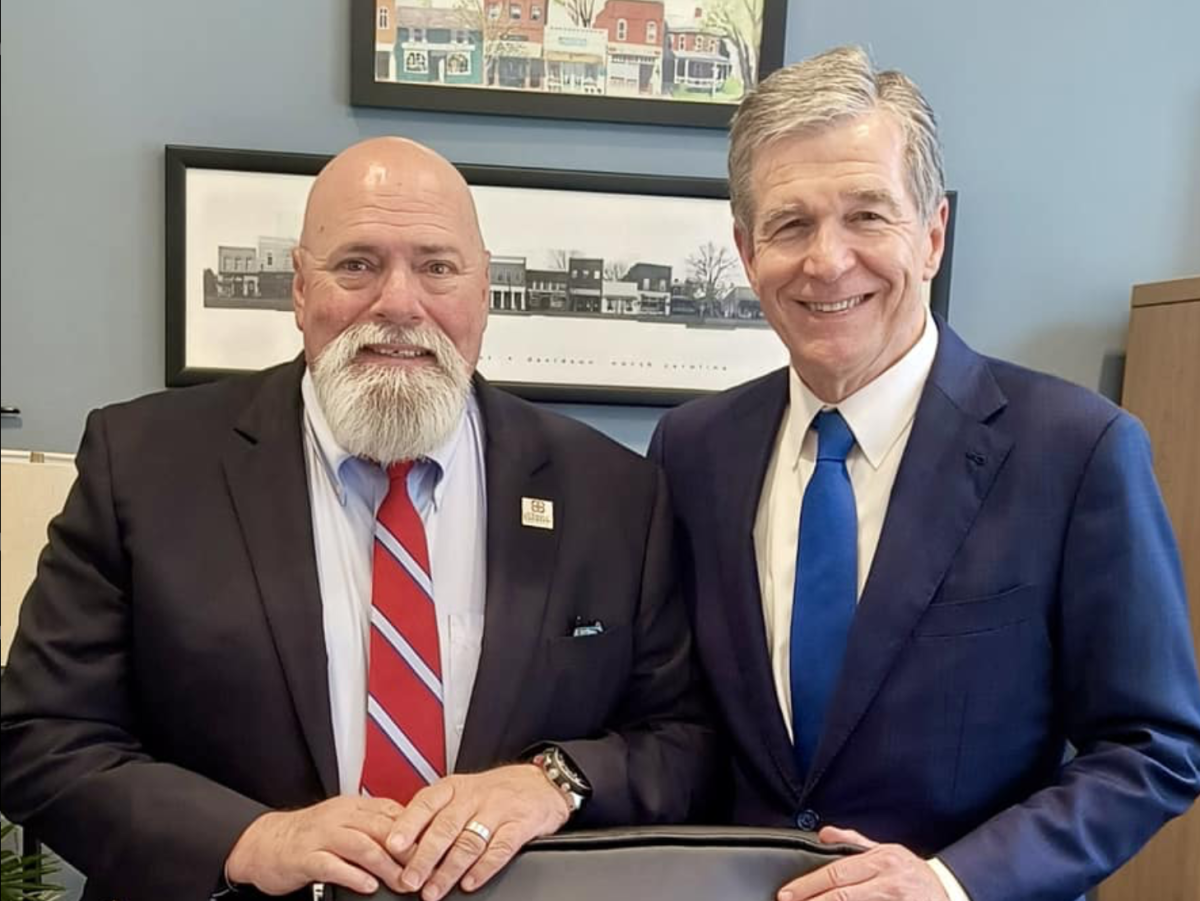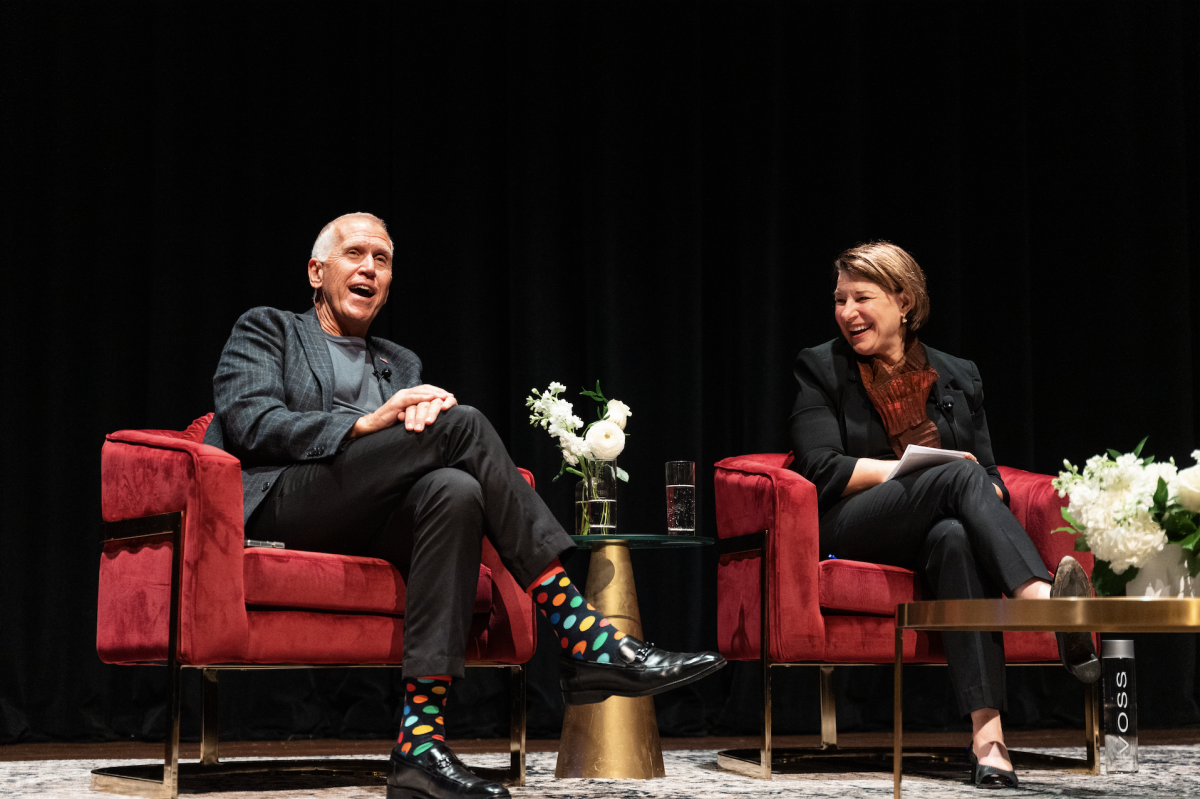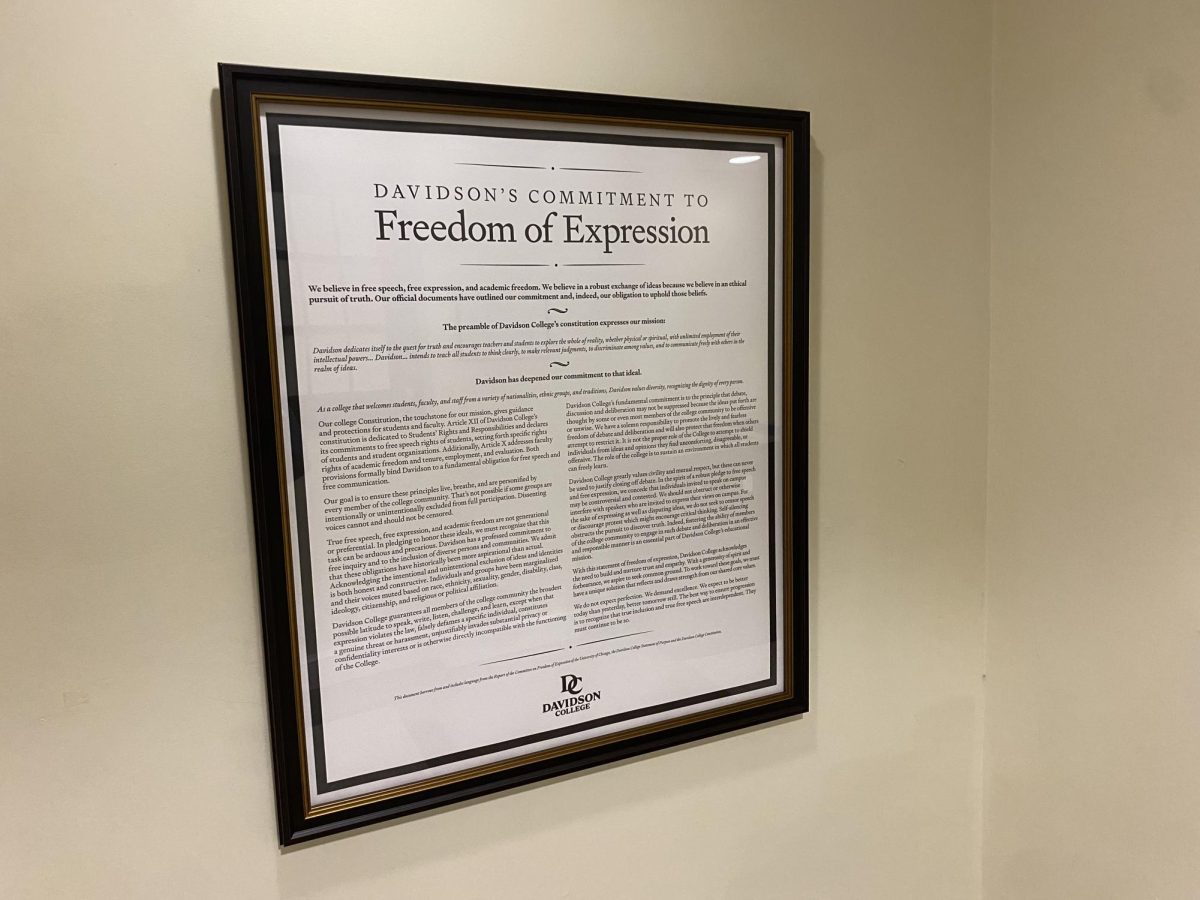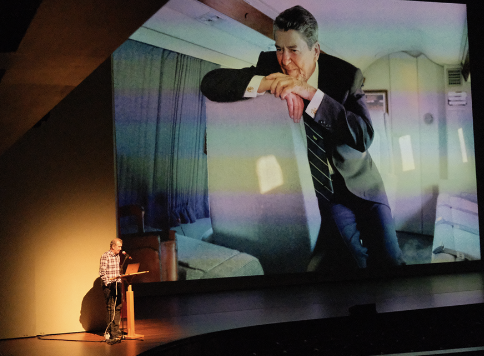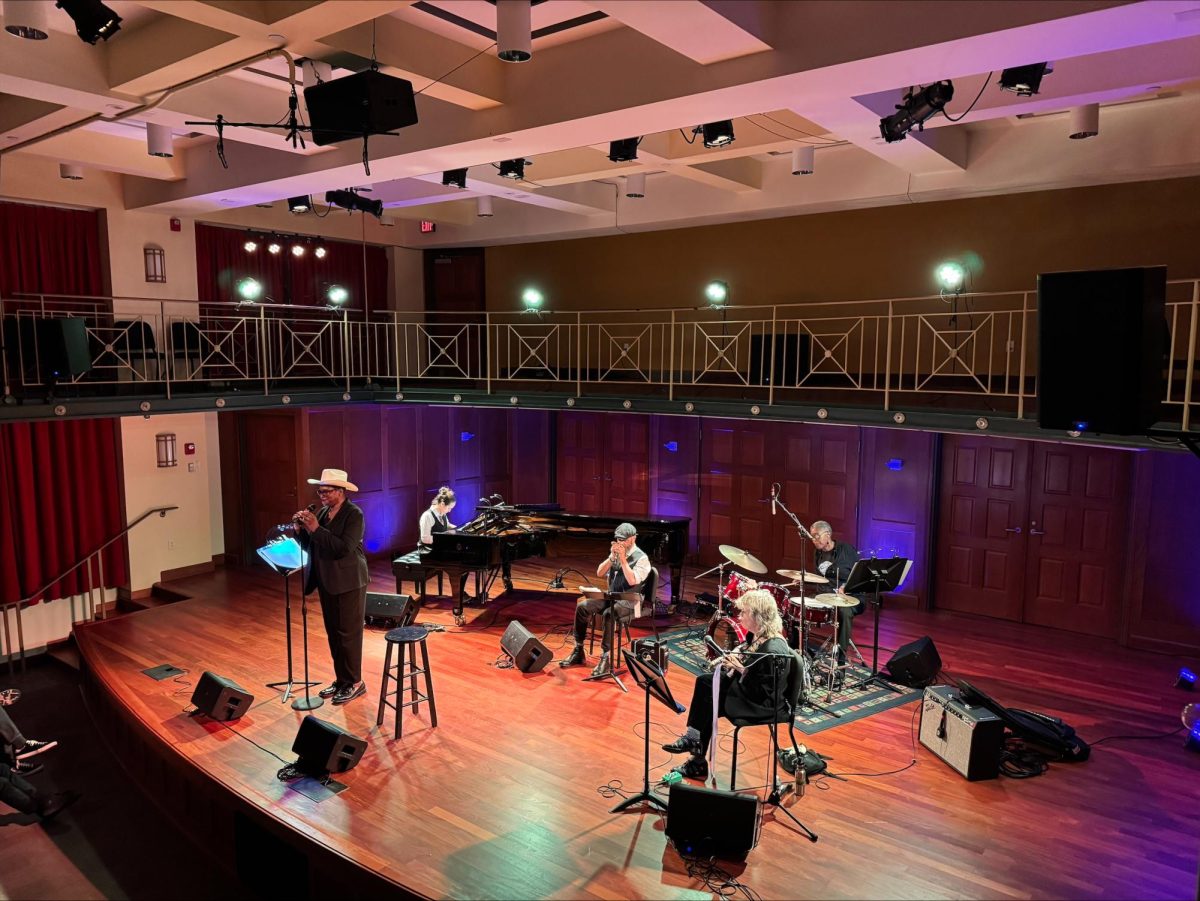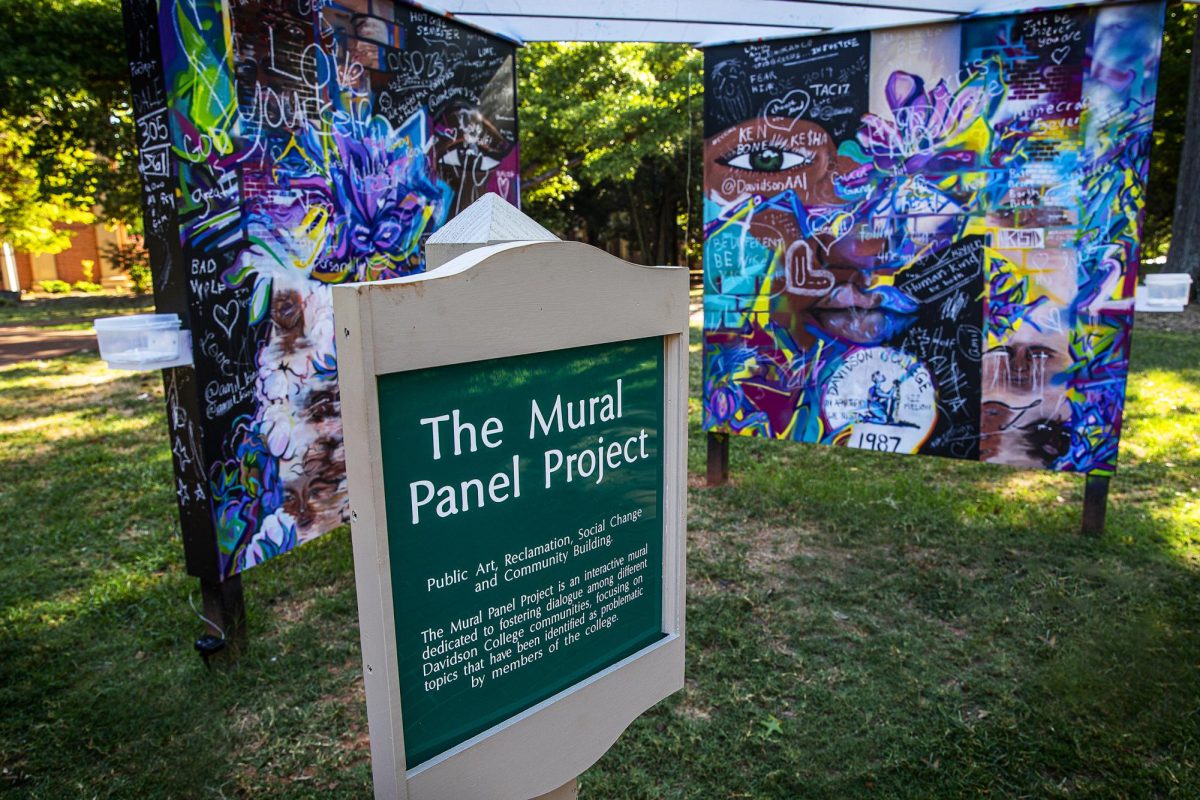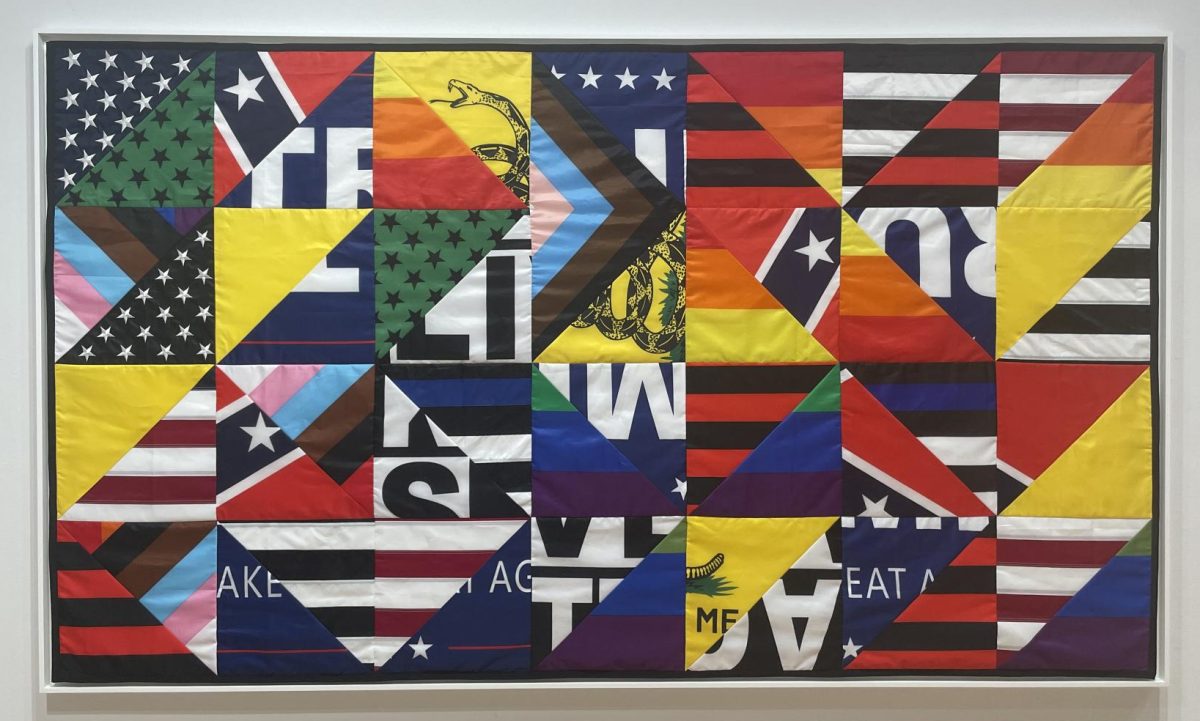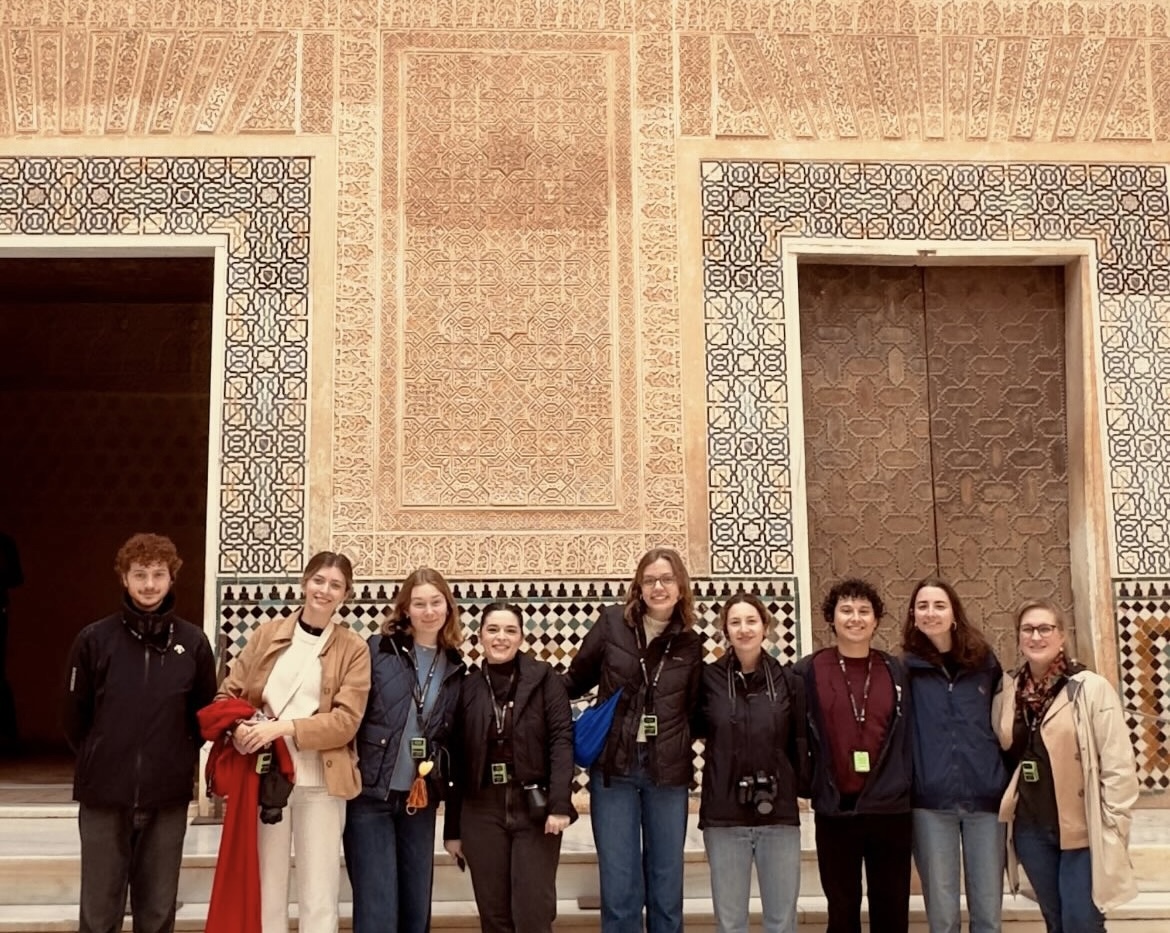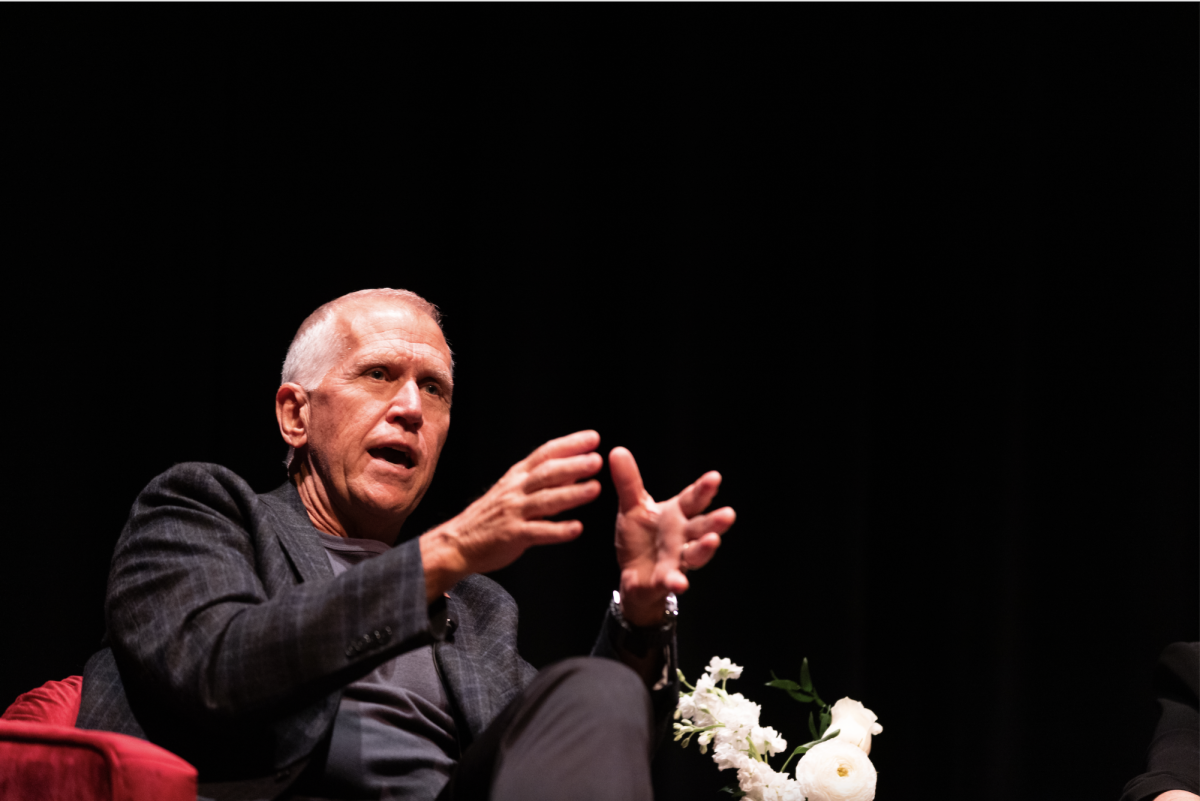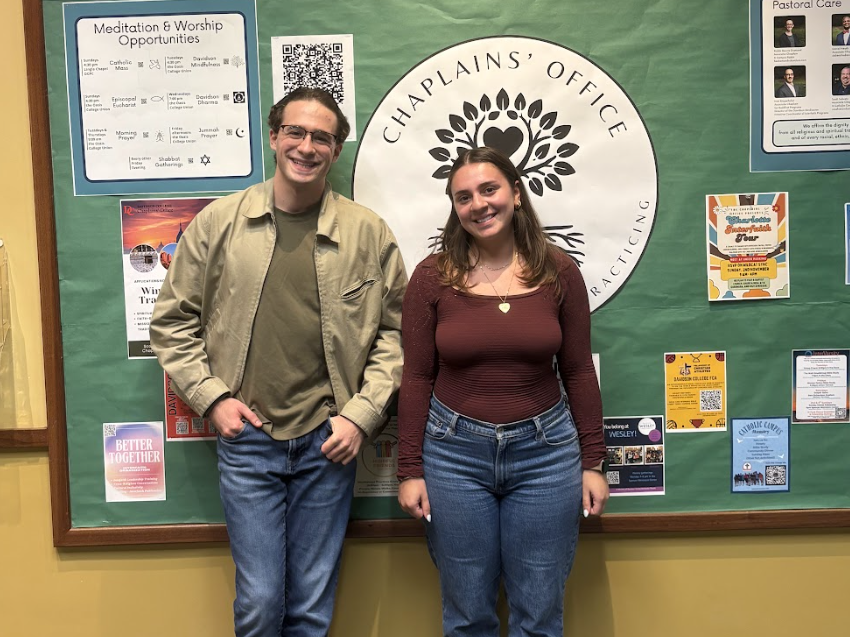For one night, Pamela Sneed transformed. The acclaimed New York City-based poet performed “A Tribute to Big Mama Thornton” last Friday in Tyler-Tallman Hall. The show, written and performed by Sneed with support from a backing band, is a blend of prose, blues music and video.
The show is centered around Willie Mae “Big Mama” Thornton, an influential but often forgotten early pioneer of rock and roll. “Now there are two books [on Thornton], but when I started years ago, there was one, so she’s really been under researched,” Sneed said.
Without much information available about Thornton, Sneed was unsure if she would even be able to properly emulate the artist who has been dead for forty years.
“When I read this book [“Why Willie Mae Thornton Matters”] that just came out on Big Mama Thornton, by this Black queer woman [Lynnée Denise], I thought it was interesting that a lot of the points that I picked up [as] really seminal to describe her life are the same that she focuses on. So in a way, that was really affirmative.”
In many ways, Sneed is the ideal candidate to spend most of the show in character as Thornton due to their shared identities as Black queer women. Queerness was an aspect Sneed was determined to highlight as a particularly undercovered part of Thornton’s story.
From the beginning of the show, Sneed pulls no punches in fighting for Thornton’s recognition not just as an equal amongst her white contemporaries, but also for directly contributing to their success.
In one of the performance’s best moments, Sneed delivered a visceral rendition of “Hound Dog,” the song first recorded by Thornton but later used to launch the career of Elvis Presley; her brassy, scathing tune was directed as much at the cheating man featured in the song as Presley.
“Ball N’ Chain,” another song of Sneed’s adopted by a white artist (in this case Janis Joplin), receives similar treatment.
Beyond seeking recognition for her songs, Sneed sought justice for Thornton simply by telling her story. Born in Alabama to a minister and a singer, Thornton—like blues itself— rose from the Baptist church. After losing both her parents at a young age, she taught herself to sing and ran away; she was eventually taken in by another blues singer, Diamond Teeth Mary.
It was a tale that struck home with Sneed. “It’s like a guilty pleasure,” she said. “I listened to gospel, my roots, and then Big Mama Thornton came up, and I was watching the way that she moved and stuff, and I was like ‘oh I get that, I get that, I want to play her.’”
Towards the end of the show, Sneed drops character as Thornton to discuss her own story’s uncanny similarities to Thornton’s. Moving away from home at a young age to pursue art also gave both the space to discover their sexuality.
It is through these parallels, in combination with her detailed research, that Sneed is able to do what only few can––offer herself as a conduit through which the struggles Thornton faced are shown to still exist today.
In building this bridge, Sneed is able to cast light on contemporary issues.
“Even as a woman of color and even as a queer person, I’ve been conditioned to look at history a particular way, and so for me it’s an uncovering too, so for everybody it’s like trying to change that sort of direction,” Sneed said.
Assistant Professor of Africana Studies Fernanda Villarroel Lamoza encountered Sneed’s work last year and decided to bring her to campus.
“Sneed underlines the need to shed light on the lived experience of a Black Queer woman who has made her own life possible, while underscoring how the work of artist[s] is often informed by in-depth and meticulous research,” Lamoza wrote in an email to The Davidsonian.
Fortunately, with increased cultural interest in blues, Sneed thinks more recognition is coming.
“So now you’re gonna see in the next couple years a lot of attention paid to the blues singers,” Sneed said. “I think it’s gonna come, and I think it’s gonna come big.”

